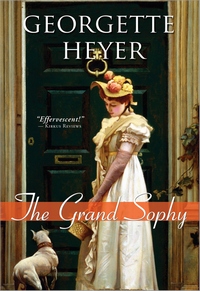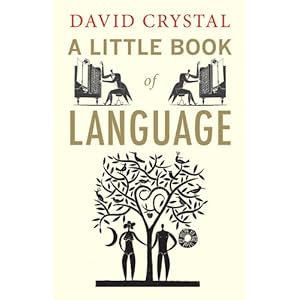 The title: The Grand Design
The title: The Grand DesignThe author: Stephen Hawking (and Leonard Mlodinow)
Publication: Bantam, 2010
Got it from: The library
Ha! I just realized this book and my last one I reviewed start with "The Grand." And two very dissimilar books, too. Funny!
Stephen Hawking's newest book promises to answer the "ultimate questions of life," such as: how did the universe begin? Why are we here? Does the grand design of the universe prove there is a creator? Not bad for a book less than 200 pages long, and that includes the index and glossary too!
Does he answer these questions so fundamental to human life? The answer is yes - as far as we know. And don't read too quickly, or you'll miss it. Perhaps a disappointing answer, but then if you read this book, you'll learn that the easy answer - or the most obvious - is not always right. I was repeatedly reminded of the quotation from the astronomer Sir Arthur Eddington: "Not only is the universe stranger than we imagine, it is stranger than we can imagine." Even though Stephen Hawking states in this book that the universe is not actually so difficult to understand, I'd like to add, "yes - if you're Stephen Hawking."
Believe me, reading this book is a total head trip. If it makes sense to you, you're probably either insane or an astrophysicist. Not that I don't believe every word is true, I just can't wrap my mind around it. For instance, did you know there are actually believed to be eleven - eleven! - dimensions? That time did not exist before the Big Bang but was created by it? Or - hold on to your seats, because this is going to get weirder than you've ever thought possible - not only are there alternate histories, but that every single alternate history exists, simultaneously, right now. Seriously. For real.
Don't let the big ideas scare you. This is important stuff, but it's good stuff, and even if you can't follow everything you can at least be amused by Hawking's writing style and sense of humour. Just when you think an analogy is going to be dry, he comes out with gems like these: "In physics a system is said to have symmetry if its properties are unaffected by a certain transformation such as rotating it in space or taking a mirror image. For example, if you flip a donut over, it looks exactly the same (unless it has a chocolate topping, in which case it is better just to eat it)." Scientists have such a great sense of humour. That's why everyone laughed at a Neil deGrasse Tyson talk I attended when he said, "the universe is trying to kill you." It would be scary if it wasn't so funny.
To sum up:
Universe - crazy to puny humans and our puny minds
Stephen Hawking - brilliant and funny
Chocolate donuts - delicious


